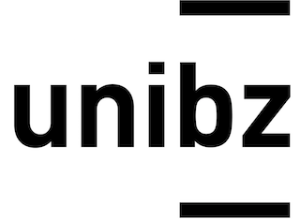The
course aims at introducing the basis for understanding the principles of the Applied Mechanics for Machinery.
Students
will learn, in the first part of the course, fundamental concepts and
methodologies for the kinematic and dynamic study of mechanisms; in the second
part of the course, they will acquire knowledge and competences on properties
and characteristics of the main machine components.
Course Topics:
Introduction and fundamentals.
Basic concepts and
definitions for the study of mechanisms. Degrees of freedom, kinematic pairs
and structure equation.
Kinematic analysis of planar mechanisms.
Kinematic analysis of
position, velocity and acceleration (by base and dyads mechanisms). Singular
configurations. Examples.
Static and dynamic analysis of planar
mechanisms.
Recalls on Newtonian
and Lagrangian approach. Newtonian and Lagrangian method for the static and dynamic
analysis of planar mechanisms. Application examples. Inertia reduced to the free coordinate. One degree of freedom mechanisms in
periodic regime. Application examples.
Transmission gears and other mechanical components.
Description of the most common elements of
machines (kinematics and exchanged and transmitted forces). Wheels. Gears.
Toothed gears. Ordinary and epicyclic gearings. Screws and their applications.
Flexible elements: Belts and chains. Comparison of different drives. Overview of:
joints, clutches, brakes, flywheels. Introduction to mechanical vibrations.
- Instructor: Giovanni Carabin
- Instructor: Renato Vidoni
